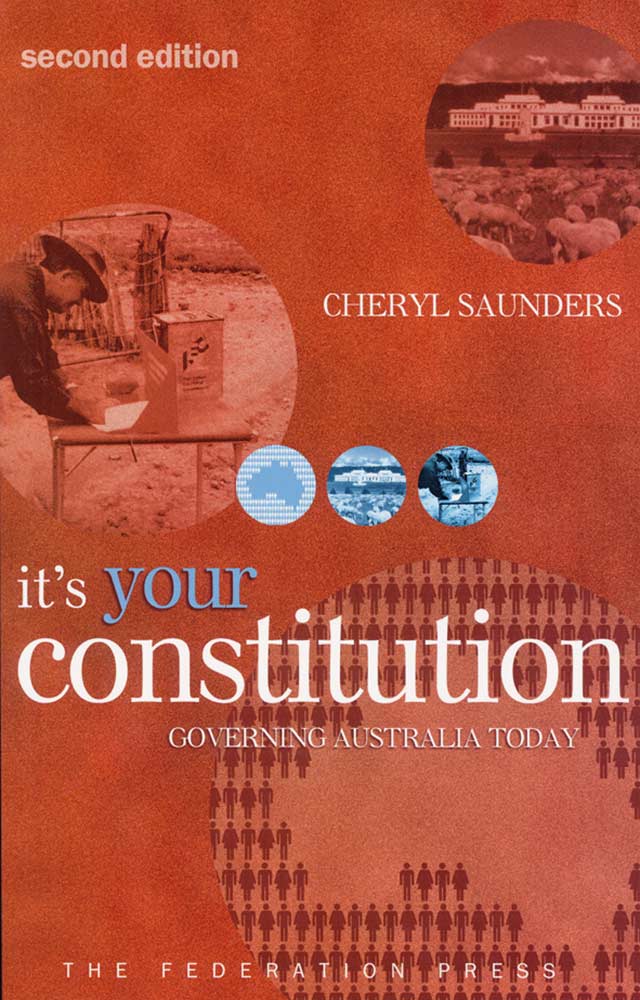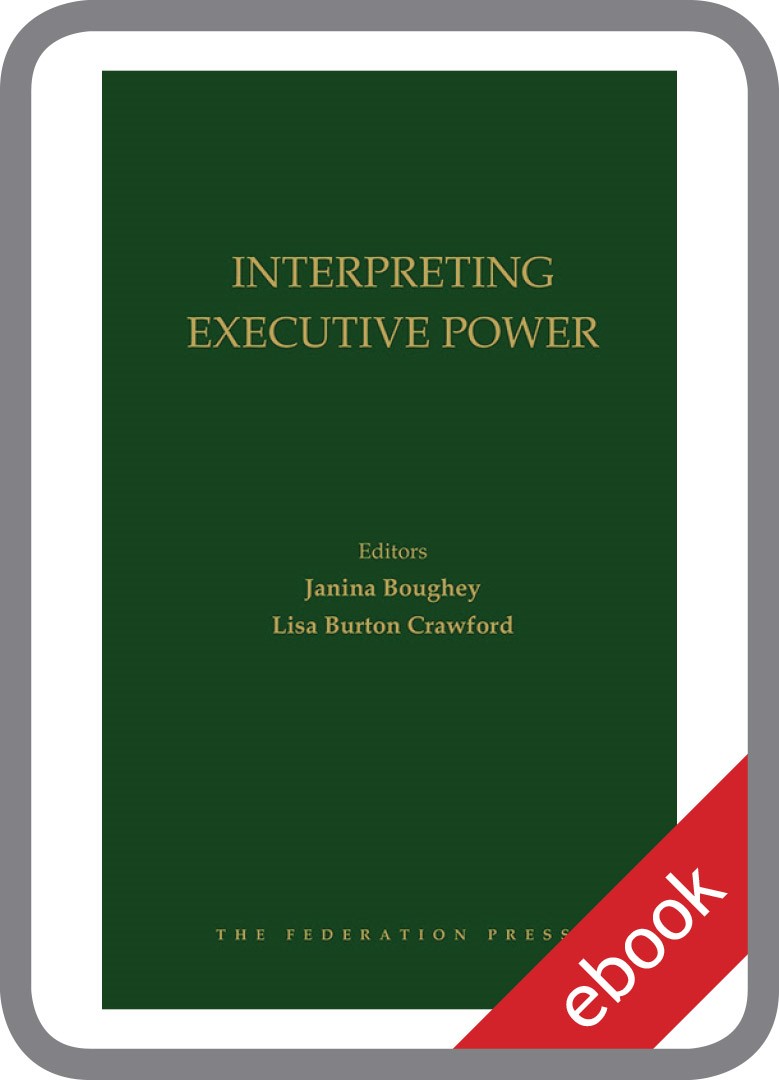How do Australians have a say in their government?
Who makes decisions in government and how?
What limits are there on the powers of the Commonwealth and State governments?
Fundamental issues which go to the heart of Australian democracy and provide the themes in this book.
Writing with great insight and clarity, wearing her renowned scholarship lightly, Saunders enables all Australians to take an informed part in the current debates. She outlines how the Constitution can be altered and many of the issues which affect all Australians.
Saunders describes:
- how the Senate and House of Representatives work
- how much power the Prime Minister really has
- why the High Court is so important
- the role of the Governor-General
- who decides how to spend taxes
- how State and Commonwealth Governments work together
The book also contains a full copy of the Australian Constitution.
Introduction
What is a Constitution?
Three important questions
How did we get the Constitution?
What does the Constitution do?
Changing times
Having a say
We the people
The idea of Parliament
The Australian Parliaments
The House of Representatives
The Senate
Disagreements between the Houses
Democratic rights
Changing the Constitution
Making decisions
Different kinds of decisions
Government and Parliament
The Head of State
Who’s who in Executive Government
Judges and courts
Commonwealth or State
Money matters
Limits on government
Rule of law
Checks and balances
The separation of powers
Protecting rights
Making a nation
The future
The Constitution turns one hundred
The Australian Constitution
Ethos (Law Society of the ACT), No 190, December 2003[J]ust about the best book for non-lawyers on the nature and workings of the Australian Constitution I have ever encountered. … Public debate on constitutional issues in Australia would be greatly improved if journalists, let alone the general public were to read this work in great numbers. …Where the scholarly nature of the author does shine through though is in the choice of material. This is not a mere annotation of the Australian Constitution. Nor is it a ‘dumbed down’ version of a law school course in constitutional law. The book provides a wonderful summary of history of constitutonalism in England and her Australian colonies and the move towards Federation in Australia. In particular the account of the 1890s Constitutional Convention is excellent. Fundamental questions such as a ‘What is a Parliament?’ are dealt with in a manner which, despite the simplified language, is often profoundly insightful. …It would be read with great profit by high school students, students of political science and history, journalists and the general public. … a distinguished constitutional mind trying so hard and so successfully to express herself as simply and clearly as possible.
Katherine Lindsay, Law Institute (Vic) Journal, October 2004The book, like its predecessor of 1998, is divided into three main sections which reflect Professor Saunders’ chosen questions: what kind of say do I have as a citizen? How are decisions made in the nation? And what are the limits on governmental action vis a vis the citizenry? The Introductory part of the book concisely explains what a constitution is, how a constitution comes into being, and what the significant contents are. … The sections are well-written in a clear, inclusive style. …
Professor Saunders has managed very effectively to encapsulate the key features of the Constitution in a readable text of 200 pages.




